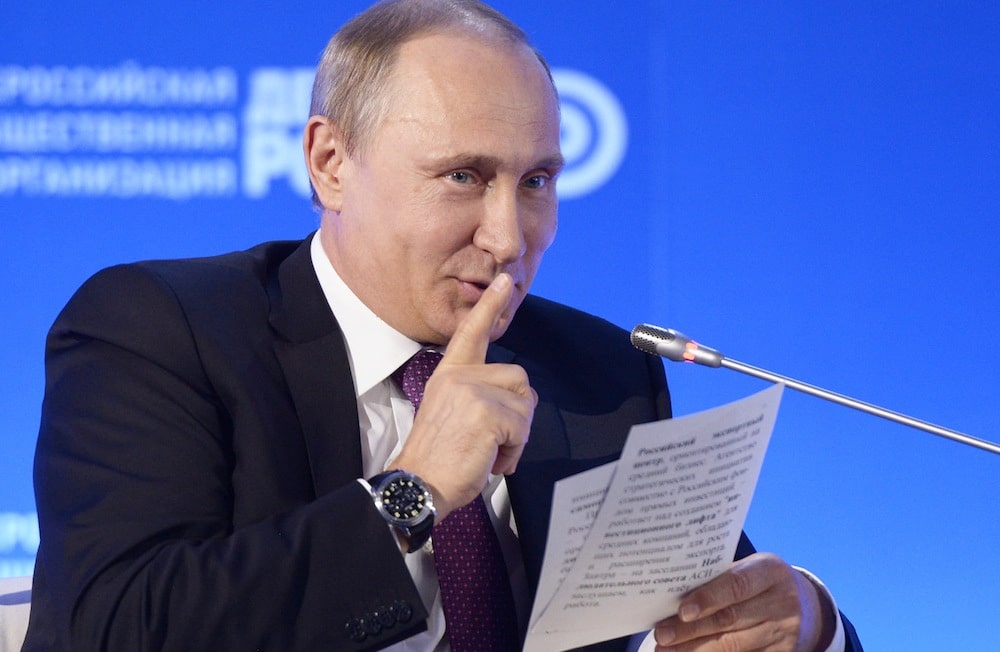The reported remarks Monday by Turkish Prime Minister Binaldi Yildirim regarding a 3-step road map for ending the Syrian conflict would be the latest indication that Ankara is tiptoeing toward restoring Turkish-Syrian relations at the diplomatic and political level.
Yildirim’s road map envisages future Syria to be a unitary state that has an inclusive political system with constitutional safeguards that prevent domination by any sectarian, ethnic or regional groups. Its constructive ambiguity over the core issue of the fate of President Bashar Al-Assad is absolutely delightful. It abandons the pre-condition that President Assad should step down in any transition.
Yildirim instead leaves it to the Syrian electorate’s majority will to decide on Assad’s political future. He thinks Assad may not get a popular mandate, but then, he won’t deny Assad the right to seek one, either. Now, isn’t that a leap of faith? (Hurriyet)
To be sure, with the Turkish-Russian rapprochement in hand and a new-found rapport with Iran in the air, President Recep Erdogan is preparing to address the Syrian question, which is the root cause of the instability in Turkey. See my recent articles in Asia Times Putin, Erdogan have a deal on Syria and Iran taps into Turkish-Russian reset.)
The road map suggested by Ildirim means that Turkey seeks convergence with the Russian and Iranian stance. Ildirim didn’t say so as many words, but implied that Turkey is abandoning the ‘regime change’ project in Syria. There are signs that Turkey is rolling back its support for the rebel groups fighting the Syrian government forces.
Unsurprisingly, there is a sense of urgency on the part of Turkey against the backdrop of the capture of Manjib from the control of the Islamic State in the weekend by the predominantly Kurdish Syria Democratic Forces (SDF) with the support of US Special Forces and air cover. (Associated Press)
Turkey had sought and obtained an assurance from the US in May that the Syrian Kurds will not be allowed to occupy Manjib and will be asked to leave the town after defeating the IS. However, much water has flown through the Bosphorous since then. The US-Turkish relations have come under great stress following the coup of July 15. Suffice it to say, Turkey will be anxiously watching whether Washington will keep its word in the changed circumstances.
Indeed, the reports from Manjib should be highly worrisome for Turkey since the Syrian Kurds are now planning another military campaign to move further westward toward Al Bab, an important city in northern Syria, which will mean a significant expansion of their influence in the regions adjacent to the Turkish border. It would appear that the US is backing the Syrian Kurds in the new offensive on Al Bab. (VOA)
If so, Ankara’s worst fears seem to be coming true. A commentary by Deutsche Welle says that the Syrian Kurds are creating new “facts on the ground”. (German intelligence is active among Kurds.) The following excerpts suggest that the Syrian Kurds with US backing may be creating a fait accompli for Turkey:
The SDF’s growing political and military clout is likely to further enrage neighboring Turkey, which views the YPG (Syrian Kurds) as a terrorist group because of its close relations with the Kurdistan Workers’ Party (PKK) fighting in Turkey. Ankara has repeatedly had its redlines crossed by the Syrian Kurds and the United States. The latest iteration is in Manbij, where first the SDF crossed the Euphrates, thereby crossing one “redline,” then again when the YPG led the recapture of the city. This appears to have broken a reported understanding between Ankara and Washington that Arab forces would take the lead in Manbij.
The Syrian Kurds’ ultimate goal is to clear IS-controlled ground to the west of Manbij in order to unite their territories in the northeast, the so-called cantons of Kobani and Jazira, with Afrin… Uniting the cantons would give the Kurds an uninterrupted stretch of territory along the Turkish border, a prospect that the Syrian regime and Russia could welcome, as it would also weaken the rebel groups they are fighting. The question remains whether the United States will go along with an SDF offensive to unite the cantons and equally important, Turkey’s response to the prospect of a contiguous Kurdish mini state on its border and what that would mean for any future political solution in the country. (Deutche Welle)
Clearly, Yildirim’s accent on Turkey remaining a unitary state under any settlement needs to be put in the above perspective. Turkey will be dependent on Russia and Iran to prevent the emergence of a Kurdistan straddling its border regions with Syria.
On the other hand, Turkey also cannot antagonize Washington, since it is the US which is active on the ground in northern Syria and is equipping and helping the Syrian Kurds in their military campaign. Turkish Foreign Minister Mavlut Cavusoglu publicly demanded on Monday that the US should keep its word and have the Syrian Kurds vacate the regions to the west of Euphrates (which is Ankara’s ‘red line).
It is possible to see a degree of testiness in Cavusoglu’s words: “The US, even President [Barack] Obama, assured Turkey that the PYD (Syrian Kurds) would return to east of the Euphrates River after Manbij’s liberation. We expect them to keep their word.” (Anadolu)
Simply put, yet another fault line is appearing in US-Turkish relations in the run-up to the visit by US Vice-president Joe Biden to Ankara on August 24. Of course, Turkey holds a trump card insofar as the US operations in Syria are largely conducted from the Incirlik air base. But it will play the Incirlik card only if push comes to shove.
Reprinted with permission from Indian Punchline.


